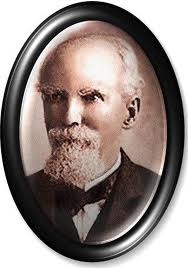“For godly grief produces a repentance that leads to salvation without regret, whereas worldly grief produces death.” (2 Cor. 7:10)
“Remorse is sorrow for being caught; repentance is grieved over the sin. Remorse is distress over the consequences, repentance is brokenness over its rebellion against a holy God. Remorse is temporary and fleeting, but repentance is lasting and life-changing. Remorse is the embarrassed cry of an unbroken soul being caught red-handed, while repentance is the believer’s cry of horror over the darkness of his own soul. Remorse hides self-will under the cloak of contrition. When the spot light is off, self-will crawls out from under the wraps to ascend the throne once again. Real repentance, on the other hand, comes clean, slays self-will and ushers Christ back to His rightful place on the throne of our lives. Real repentance begins in a moment, but becomes an abiding attitude and orientation to life.” (Praying Through, p.149)



